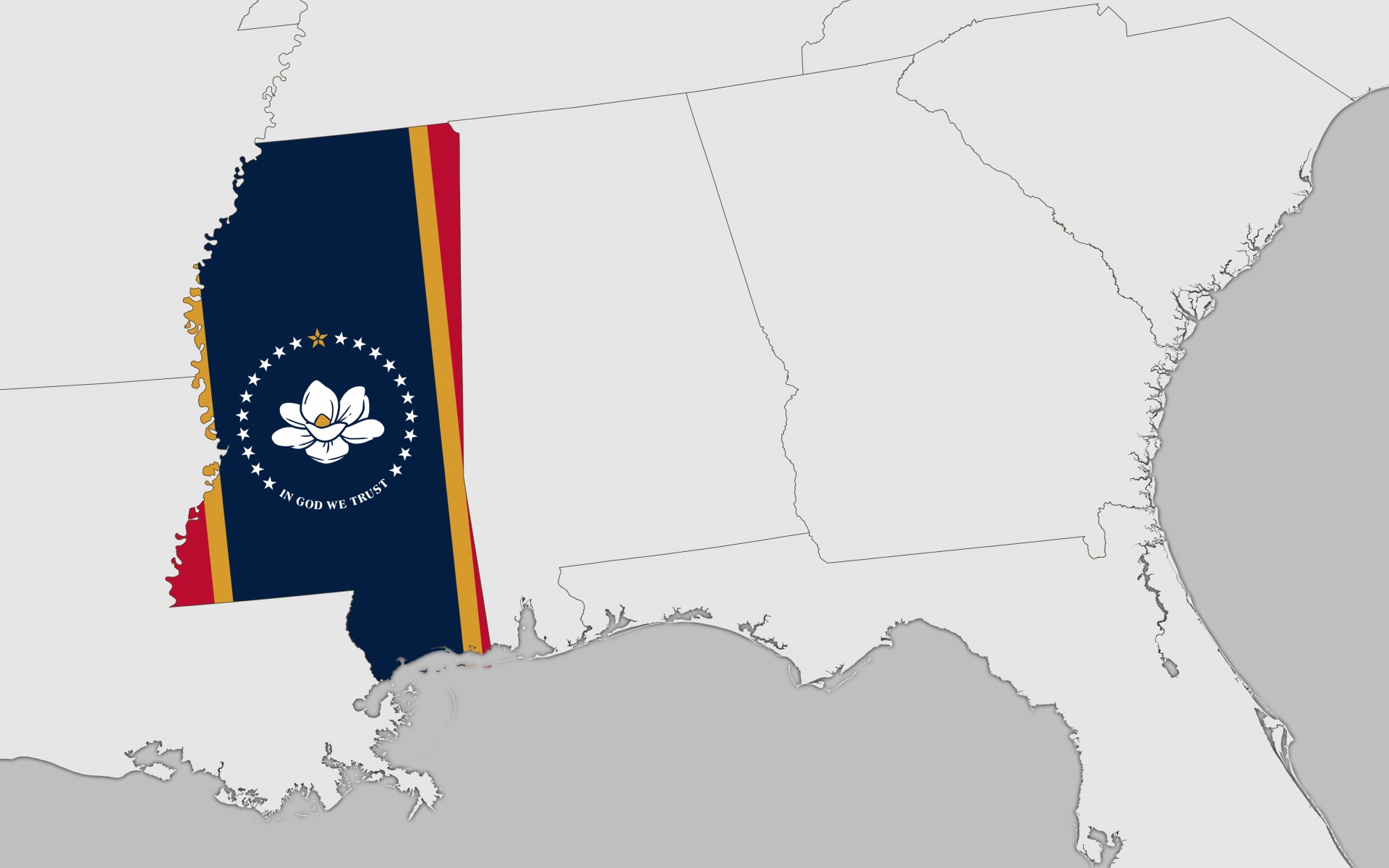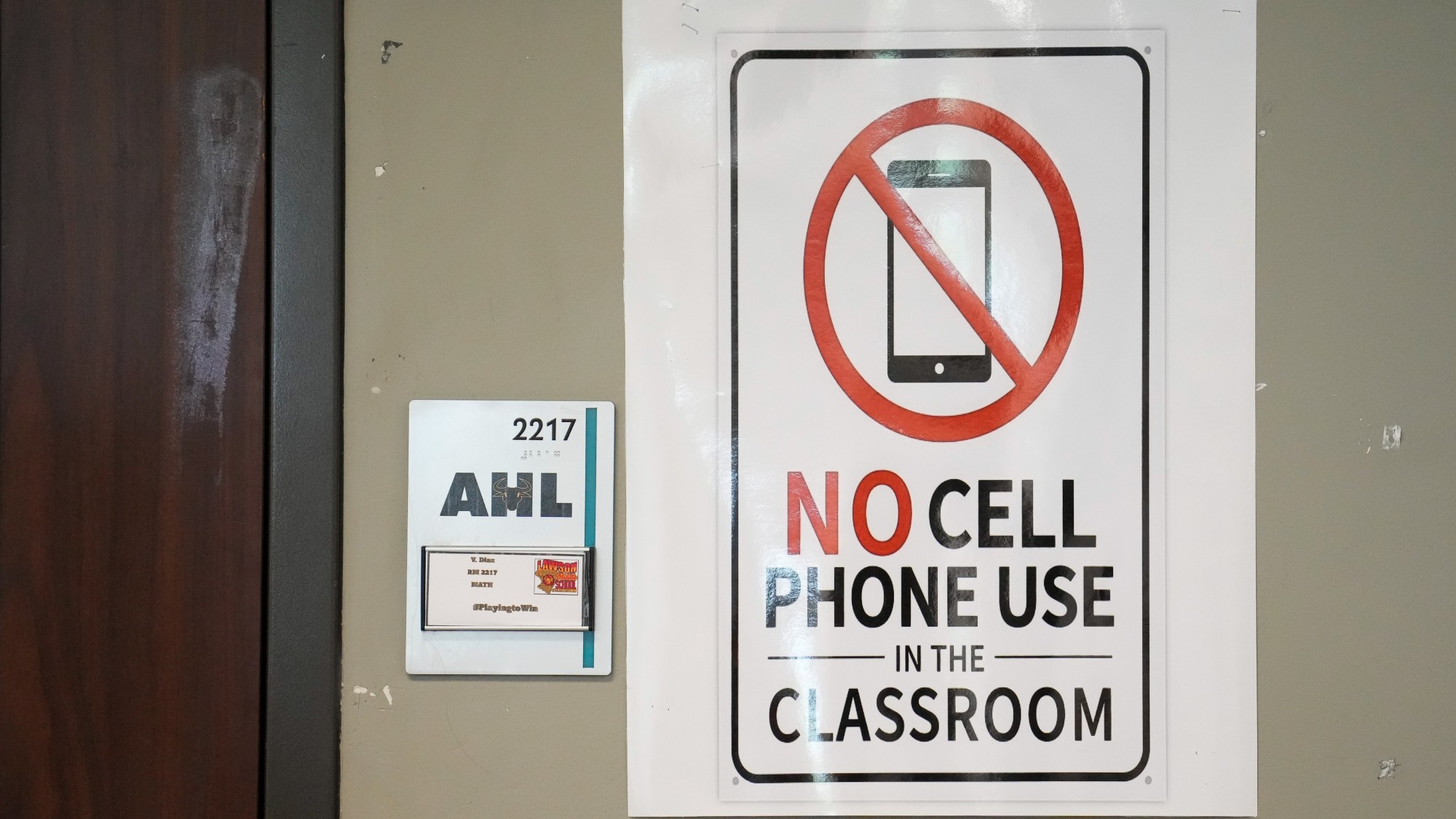The scandal surrounding the country's largest Christian college
Grand Canyon University has been fined $37.7 million for allegedly misleading its students


A free daily email with the biggest news stories of the day – and the best features from TheWeek.com
You are now subscribed
Your newsletter sign-up was successful
The country's largest Christian college, Phoenix-based Grand Canyon University, has had its fair share of controversies and scandals, and is continuing to fight a record financial penalty from the federal government as a result. But while the school was fined $37.7 million by the U.S. Department of Education last year, it recently received some good news out of court on another front.
GCU was accused of misrepresenting the costs of its doctoral programs over several years. The college allegedly advertised "a lower cost than what 98% of students ended up paying to complete certain doctoral programs," the Education Department said in a press release. "We are holding GCU accountable for its actions, protecting students and taxpayers, and upholding the integrity of the federal student aid programs."
GCU's 100,000 enrolled students — the majority of whom attend online — make it the largest Christian college in the United States, according to NBC News. Officials at the university have pushed back against the federal government's allegations, but the fine could have major ramifications across the school regardless.
The Week
Escape your echo chamber. Get the facts behind the news, plus analysis from multiple perspectives.

Sign up for The Week's Free Newsletters
From our morning news briefing to a weekly Good News Newsletter, get the best of The Week delivered directly to your inbox.
From our morning news briefing to a weekly Good News Newsletter, get the best of The Week delivered directly to your inbox.
What was Grand Canyon University accused of?
The Education Department said GCU advertised its doctoral programs as costing anywhere from $40,000 to $49,000, but based on the university's own data, "less than 2% of graduates completed within the cost that GCU advertised." As a result of "continuation courses" required to complete their degrees, at least 98% of doctoral students at GCU ended up paying many times the amount advertised, the Education Department alleged. The investigation involved about 7,500 students enrolled at GCU between 2017 and 2022.
Of the 98% of students whose degrees ended up costing extra, more than three-quarters of them "had to pay $10,000 to $12,000 more in tuition costs — roughly a 25% increase, depending on the program — than GCU explicitly advertised," the Education Department said. While GCU does offer a series of fine-print disclosures about the cost of their doctoral programs, they "fail to address or correct the significant misrepresentations about the cost of the program," the feds argued, adding that the disclosures "do not cure the 'net impression' that the program will be less expensive than it actually is."
How has the school responded?
GCU has denied any wrongdoing and made a number of attempts to push back against the government's characterization of its doctoral programs. The Education Department noted, though, that the college didn't dispute the government's determination that "98% of students enrolled in certain doctoral programs had to pay more than GCU's advertised cost."
Weeks before it was slapped with its record fine, GCU released a statement claiming that the government was "coordinating efforts to unjustly target GCU." The university alleged that the investigation into its tuition was in retaliation for a 2021 lawsuit filed against the Education Department for categorizing it as a for-profit university, which GCU has pushed back against. While the IRS does consider GCU to be nonprofit for tax purposes, the Education Department still classifies it as a for-profit school in relation to financial aid. Federal officials maintain that these issues are "entirely unrelated" and that GCU's loss of its nonprofit status had nothing to do with the fine.
A free daily email with the biggest news stories of the day – and the best features from TheWeek.com
The school did gain a major victory in this nonprofit fight, as a federal circuit appeals court recently determined that the Education Department "acted unlawfully by applying the incorrect legal standard in determining GCU's nonprofit status," the school said in a press release. This does not absolve the school of the $37.7 million fine, but it does mean that the Education Department could end up reclassifying GCU's profit status.
The IRS "clearly has the authority to grant us nonprofit status. There's an objective set of criteria that they use to do that, and they did it. The ED has never not honored what the IRS has determined," GCU President Brian Mueller said to Fox News.
What happens next?
It is unclear whether the Education Department will appeal the appeals court ruling on GCU's profit status.
In addition to the fine, the Education Department imposed five new conditions on GCU to ensure it abides by these federal rules. First, the college shall not make "substantial misrepresentations related to the cost of obtaining a degree in its doctoral programs." And if GCU does inform someone about the cost of its doctoral programs, it must also tell them "the average total tuition and fees paid by graduates."
Officials at GCU have said they intend to fight the Education Department's fine for as long as it takes. Officials are also "continuing to encourage staff and other affiliates to contact federal lawmakers in the university's defense," The Arizona Republic said. The Education Department may additionally be forced to end its bid entirely when President-elect Donald Trump takes office, given his prior statements about gutting the federal agency.
Justin Klawans has worked as a staff writer at The Week since 2022. He began his career covering local news before joining Newsweek as a breaking news reporter, where he wrote about politics, national and global affairs, business, crime, sports, film, television and other news. Justin has also freelanced for outlets including Collider and United Press International.
-
 Who is Starmer without McSweeney?
Who is Starmer without McSweeney?Today’s Big Question Now he has lost his ‘punch bag’ for Labour’s recent failings, the prime minister is in ‘full-blown survival mode’
-
 Hotel Sacher Wien: Vienna’s grandest hotel is fit for royalty
Hotel Sacher Wien: Vienna’s grandest hotel is fit for royaltyThe Week Recommends The five-star birthplace of the famous Sachertorte chocolate cake is celebrating its 150th anniversary
-
 Where to begin with Portuguese wines
Where to begin with Portuguese winesThe Week Recommends Indulge in some delicious blends to celebrate the end of Dry January
-
 ‘Ghost students’ are stealing millions in student aid
‘Ghost students’ are stealing millions in student aidIn the Spotlight AI has enabled the scam to spread into community colleges around the country
-
 How Mississippi moved from the bottom to the top in education
How Mississippi moved from the bottom to the top in educationIn the Spotlight All eyes are on the Magnolia State
-
 Education: More Americans say college isn’t worth it
Education: More Americans say college isn’t worth itfeature College is costly and job prospects are vanishing
-
 The Trump administration’s plans to dismantle the Department of Education
The Trump administration’s plans to dismantle the Department of EducationThe Explainer The president aims to fulfill his promise to get rid of the agency
-
 How will new V level qualifications work?
How will new V level qualifications work?The Explainer Government proposals aim to ‘streamline’ post-GCSE education options
-
 England’s ‘dysfunctional’ children’s care system
England’s ‘dysfunctional’ children’s care systemIn the Spotlight A new report reveals that protection of youngsters in care in England is failing in a profit-chasing sector
-
 The pros and cons of banning cellphones in classrooms
The pros and cons of banning cellphones in classroomsPros and cons The devices could be major distractions
-
 School phone bans: Why they're spreading
School phone bans: Why they're spreadingFeature 17 states are imposing all-day phone bans in schools
